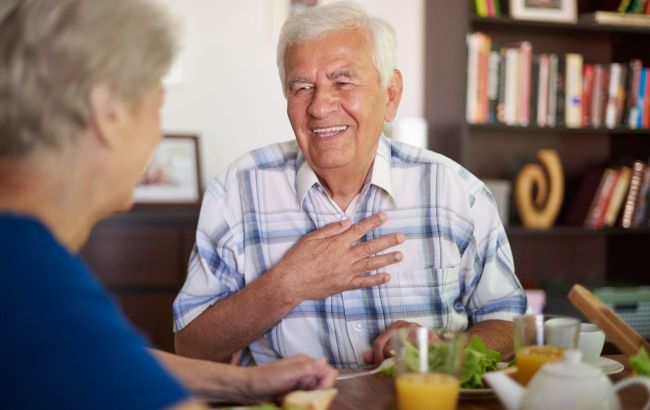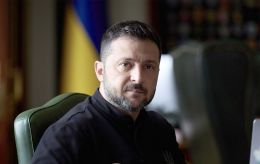Simple habit reduces risk of heart attack threefold
 How to reduce the risk of a heart attack (photo: Freepik)
How to reduce the risk of a heart attack (photo: Freepik)
A new study has shown that having an early breakfast and avoiding late-night meals reduces the risk of a heart attack and stroke, according to Wales Online.
What are the results of the research
Scientists have found that the French, who eat at 9 a.m., have a 6% higher risk of developing cardiovascular diseases than those who have breakfast at 8 a.m. Additionally, having dinner after 9 p.m. is associated with a 28% risk of cerebrovascular diseases, such as a stroke, compared to having meals before 8 p.m., especially in women.
The conclusions, published in the journal Nature Communications, also show that a longer nighttime fasting duration - the time between the last meal of the day and the first meal the next day - was associated with a reduced risk of stroke.
Cardiovascular diseases, such as heart attacks or strokes, are a leading cause of death worldwide.
Scientists say that a daily eating cycle alternating with fasting periods synchronizes peripheral clocks, or circadian rhythms, of various organs in the body, affecting functions such as blood pressure regulation. Currently, chrono-nutrition is becoming an important area for understanding the relationship between meal timing, circadian rhythms, and health.
The research team used data from over 103,000 French individuals (79% of whom were women, with an average age of 42) to study the connection between eating patterns and cardiovascular diseases.
"The results show that skipping breakfast is associated with a higher risk of cardiovascular diseases, with each hour delay in mealtime increasing the risks by 6%," says Dr. Bernard Srour.
He also noted that further research is needed among other population groups to confirm the potential role of meal timing in preventing cardiovascular diseases.
Medical professionals suggest that the habit of having an earlier breakfast and dinner, making nighttime fasting longer, may help prevent the risk of developing heart and vascular diseases.
This material is for informational purposes only and should not be used for medical diagnosis or self-treatment. Our goal is to provide readers with accurate information about symptoms, causes, and methods of detecting diseases. RBС-Ukraine is not responsible for any diagnoses that readers may make based on materials from the resource. We do not recommend self-treatment and advise consulting a doctor in case of any health concerns.

